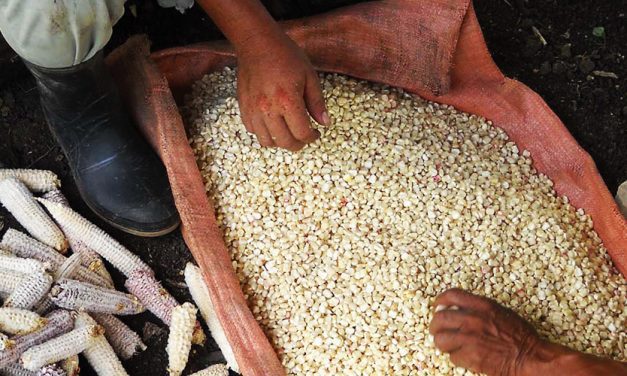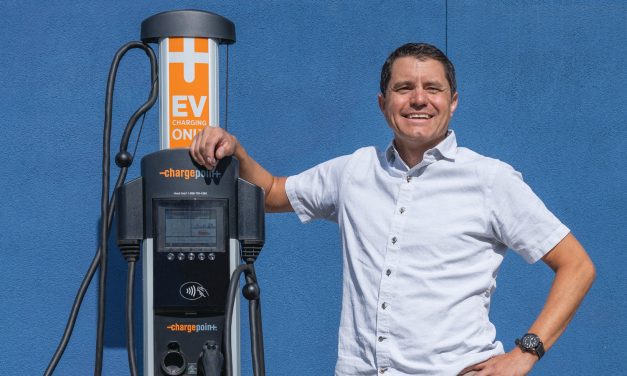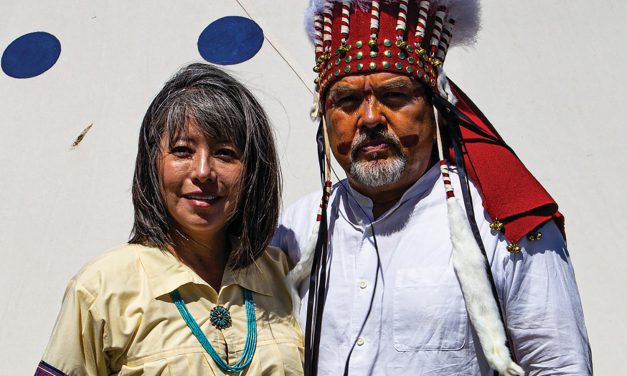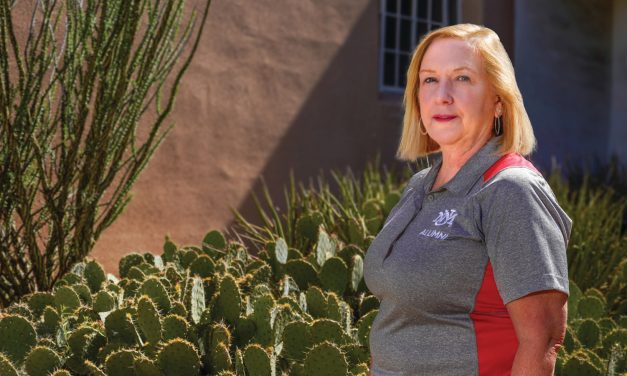
Climate Consequences
Taking a novel approach to understanding climate change, Paul Hooper, adjunct associate professor of Anthropology, dived into existing data sets that contain historical information about societies, including measures of complexity in language, government and economies. He reanalyzed that information to look at how societies fared during cooling periods.
“I found that societies were substantially less complex during the coldest centuries of these climate events. For societies in northern regions, cooling was associated with a loss of about 300 years of accumulated social complexity,” Hooper said. “The research shows that the success of civilizations depends on favorable climatic conditions.”
While Hooper focuses on cooling, not warming, his analysis published in Cliodynamics: The Journal of Quantitative History and Cultural Evolution illuminates yet another potential disruption of changing climate.
“Societies based on agriculture, like our own, are productive within a surprisingly narrow range of climatic conditions,” Hooper said. “Too cold, too hot, or too little water, and productivity suffers. Complex societies have never faced the climate conditions that are now on the horizon, and they’re going to be a shock to our social and economic systems. In addition to higher temperature, precipitation will also be key. While some areas will dry up, others will receive more water due to higher rates of evaporation from the oceans.”
Campus Connections
LatestFood in the Pantry
UNM archaeologist and Prof. Keith Prufer co-led a team excavating a site in Belize...
Fall 2022 Mirage Magazine Features
In A Solid State
UNM grad helps spark electric vehicle revolution…
Read MoreCourageous Career
Opera singer pivots to performance coaching…
Read MorePretty Good At Math
Alumnus caps computing career with prestigious prize…
Read MoreTelling A Story
Alumna heads up museum devoted to the American Indian experience…
Read MoreFamily Affair
Alumni board president keeps UNM ties tight…
Read MoreAnd the Winner Is…
Alumni take home a Grammy and a Pulitzer for music…
Read More














